Introduction
Artificial Intelligence (AI) is revolutionizing industries across the globe, and digital marketing is no exception.
By integrating machine learning, natural language processing, and advanced analytics, AI is reshaping how businesses interact with their audiences.
In this blog, we’ll explore the connection between AI and digital marketing, its current applications, top AI tools, and the pros and cons of using AI in marketing strategies.
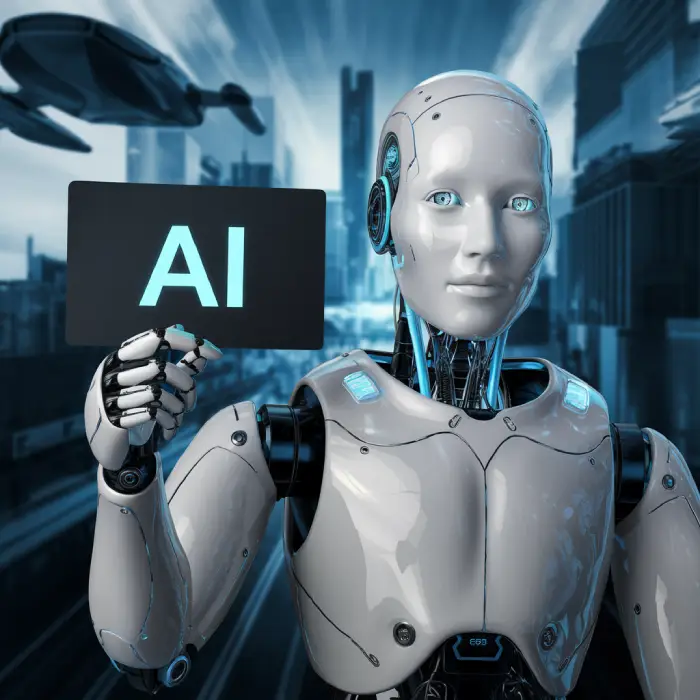
What is the Connection Between AI and Digital Marketing?
- Data Analysis: AI can process enormous amounts of data quickly, providing actionable insights for marketers.
- Personalization: AI tools enable personalized user experiences by predicting customer behavior and preferences.
- Automation: From chatbots to email campaigns, AI automates repetitive tasks, allowing marketers to focus on strategy and creativity.
- Real-Time Decision Making: AI algorithms provide real-time insights to optimize campaigns, improve targeting, and increase ROI.
Current Use Cases of AI in Digital Marketing
AI is already transforming digital marketing through:
- Chatbots and Customer Support: AI-powered chatbots like ChatGPT provide 24/7 assistance, resolving customer queries instantly.
- Predictive Analytics: AI tools analyze customer behavior and predict future trends, helping marketers create tailored campaigns.
- AI-Driven Content Creation: Tools like Jasper AI generate high-quality content for blogs, ads, and social media posts.
- Programmatic Advertising: AI optimizes ad placement and targeting, ensuring ads reach the right audience at the right time.
What are the Pros & Cons of AI in Marketing?
Pros:
- Efficiency: AI automates time-consuming tasks, freeing up resources for strategic work.
- Accuracy: Advanced algorithms minimize errors in data analysis and targeting.
- Personalization: AI delivers highly tailored experiences, improving customer engagement and satisfaction.
- Cost Savings: By streamlining processes, AI reduces operational costs.
Cons:
- High Initial Investment: Implementing AI tools can be expensive for small businesses.
- Data Dependency: AI’s effectiveness relies on the quality and quantity of data available.
- Lack of Creativity: AI excels at automation but struggles with the creativity and emotional intelligence of human marketers.
- Ethical Concerns: Issues like data privacy and algorithmic bias can arise with AI adoption.
AI Trends Shaping the Future of Digital Marketing
- Hyper-Personalization: AI analyzes customer preferences to create individualized experiences.
- AI-Enhanced Search: Visual and voice search capabilities are becoming mainstream, powered by AI.
- Conversational AI: Advanced chatbots and virtual assistants improve customer interactions.
- Predictive Behavior Analysis: AI forecasts customer actions, enabling proactive marketing strategies.
Top AI Tools Which Help You in Future Marketing
1. ChatGPT
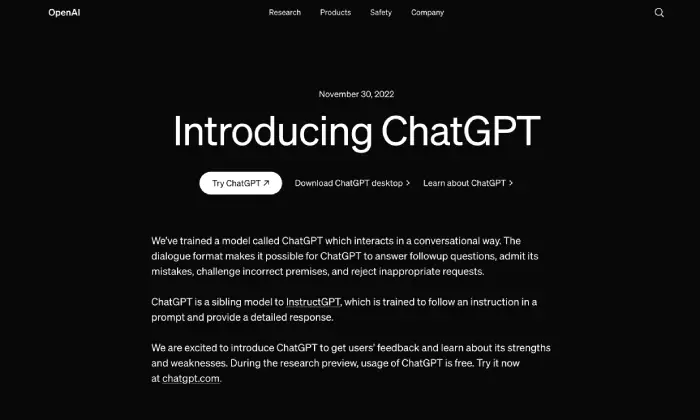
- What It Does: ChatGPT, developed by OpenAI, is a conversational AI tool that generates human-like text.
- How It Helps: Marketers use ChatGPT for content creation, customer support, and brainstorming ideas. It’s also ideal for crafting engaging email campaigns and social media posts.
- Why It Stands Out: Its ability to understand context and provide relevant responses makes it a versatile tool for digital marketing.
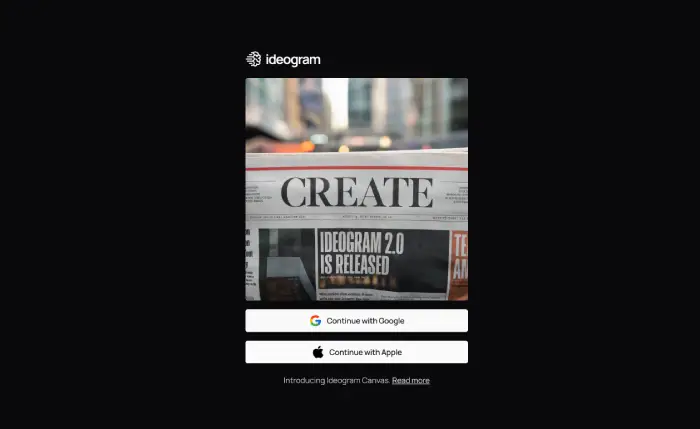
- What It Does: Ideogram is an AI-powered design tool that helps marketers create visually appealing graphics.
- How It Helps: It simplifies the process of designing infographics, ad creatives, and social media visuals, saving time and ensuring brand consistency.
- Why It Stands Out: Its intuitive interface and ability to generate designs based on brief inputs make it a must-have for marketers.
3. Murf AI
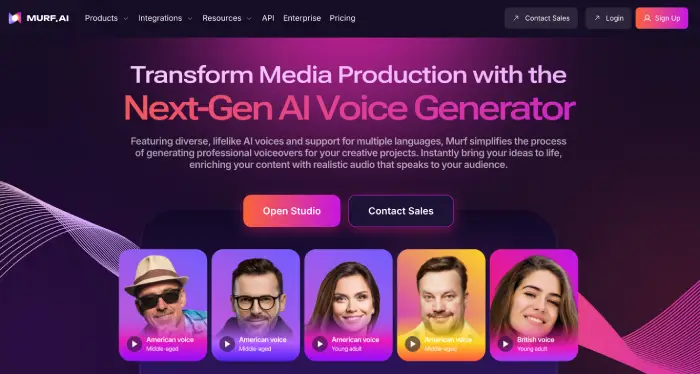
- What It Does: Murf AI specializes in creating realistic AI-generated voiceovers.
- How It Helps: Marketers can use Murf AI to create voiceovers for videos, podcasts, and ads without needing a professional voice artist.
- Why It Stands Out: It offers a variety of voices and languages, catering to global audiences.
4. Jasper AI
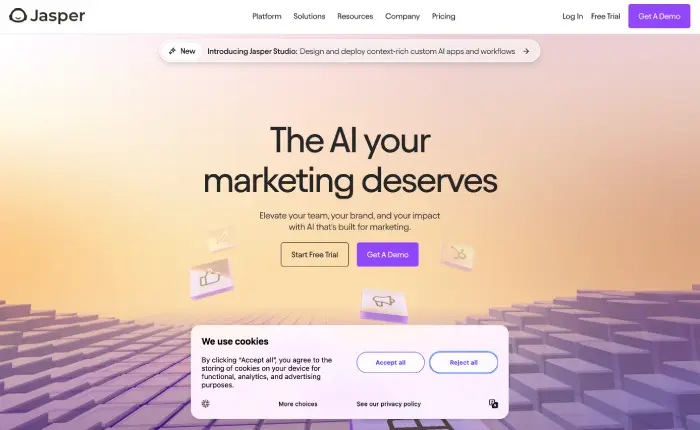
- What It Does: Jasper AI is a content generation platform designed to create high-quality marketing materials.
- How It Helps: From blog posts to ad copy, Jasper AI ensures your content is optimized for SEO and tailored to your audience.
- Why It Stands Out: Its advanced language model produces creative and error-free content in minutes.
5. Meta AI
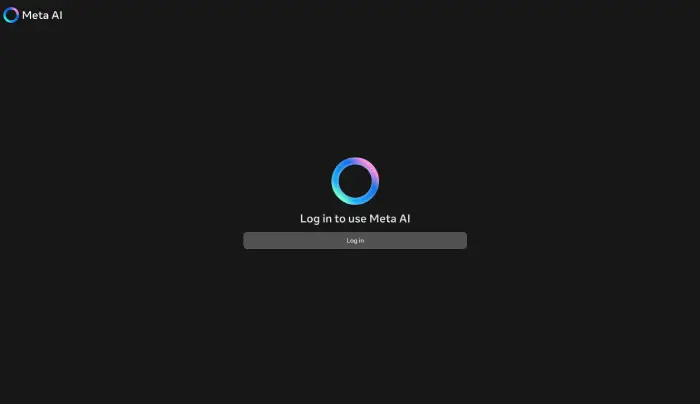
- What It Does: Meta AI focuses on enhancing marketing on platforms like Facebook and Instagram.
- How It Helps: It improves ad targeting, audience segmentation, and performance analysis for Meta’s advertising ecosystem.
- Why It Stands Out: Its integration with the Meta platform ensures seamless ad campaign management.
6. Gemini AI

- What It Does: Gemini AI, powered by Google, combines generative AI with advanced analytics to deliver smarter marketing solutions.
- How It Helps: It supports content creation, campaign optimization, and customer insights across various channels.
- Why It Stands Out: Its ability to integrate with Google’s suite of tools makes it a game-changer for digital marketers.
Impact of AI on Key Marketing Channels
- Social Media Marketing: AI automates content scheduling and analyzes trends to maximize engagement.
- Email Marketing: AI tools optimize subject lines, send times, and personalization for higher open rates.
- SEO and Content Strategy: AI identifies high-ranking keywords, generates optimized content, and enhances user experience.
The Ethical Considerations of AI in Digital Marketing
- Data Privacy: Marketers must ensure compliance with regulations like GDPR.
- Algorithm Transparency: Businesses should disclose how AI influences decisions.
- Avoiding Bias: AI tools must be trained on diverse datasets to prevent biased outcomes.
Future Prospects and Challenges
Prospects:
- Emerging AI tools will continue to improve efficiency and ROI.
- AI-driven predictive analytics will make campaigns more effective.
Challenges:
- Overcoming resistance to adopting AI technology.
- Balancing AI automation with human creativity.
Steps to Prepare for the AI Revolution in Digital Marketing
- Upskill Your Team: Train your team to use AI tools effectively. For those looking to master digital marketing and learn about integrating AI into strategies, consider professional courses from institutions like DSDM (Delhi School of Digital Marketing). These courses can equip you with the skills needed to stay competitive.
- Invest in AI Platforms: Choose AI tools that align with your business goals.
- Monitor Trends: Stay updated on the latest advancements in AI and digital marketing.
Conclusion
AI is not just a trend but a fundamental shift in how digital marketing operates.
By adopting AI tools like ChatGPT, Ideogram, Murf AI, Jasper AI, Meta AI, and Gemini AI, businesses can stay ahead of the curve. While there are challenges, the benefits of AI in enhancing efficiency, personalization, and ROI make it indispensable for the future of digital marketing.
FAQ Section
AI is unlikely to replace digital marketers entirely. Instead, it will augment their abilities, allowing them to focus on strategy and creativity.
AI can handle many aspects of digital marketing, such as automation and analytics, but human oversight and creativity remain essential.
Popular tools include ChatGPT, Jasper AI, Murf AI, Ideogram, Meta AI, and Gemini AI.
AI improves efficiency, accuracy, personalization, and cost savings while offering actionable insights.
Key challenges include data privacy, transparency, and avoiding algorithmic bias.
